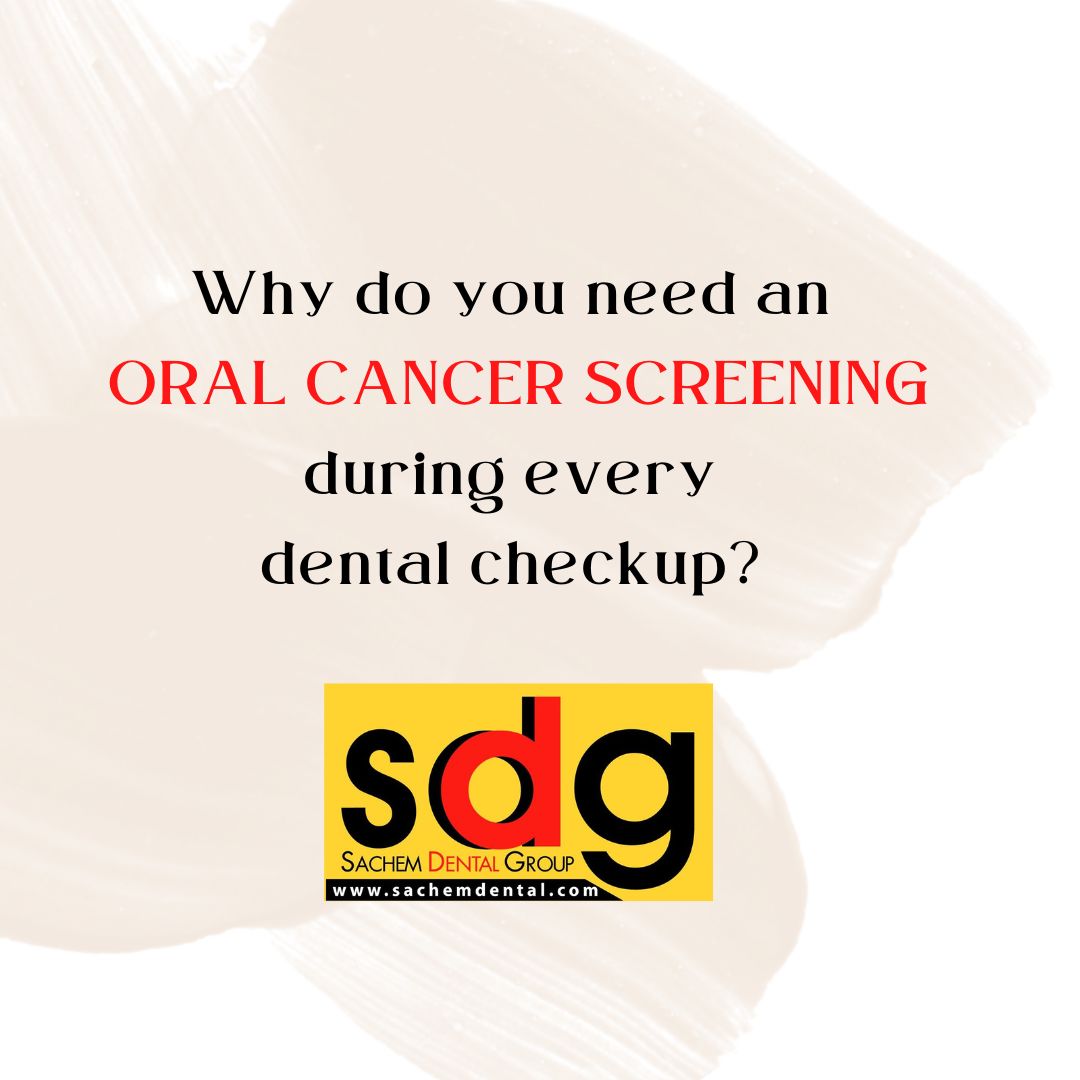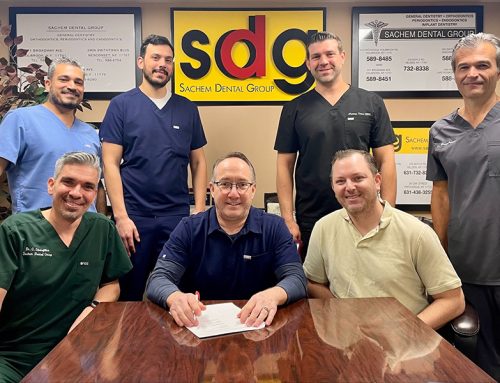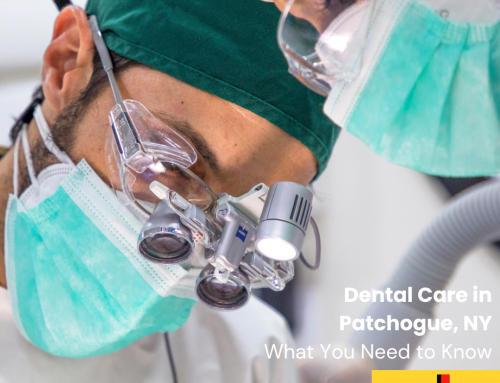
While oral cancer is less common than some other forms of cancer, it’s also one of the deadliest because most people don’t catch it until the disease has reached an advanced stage. If caught in its early stages, oral cancer can be treated quickly and effectively with little to no long-term consequences or side effects. That’s why doctors recommend regular oral cancer screenings during dental checkups, and this guide will help you understand why they do so and why you should make it part of your regular checkup routine as well.
Just What Is Oral Cancer?
Oral cancer is a type of cancer that affects the tissues in the mouth and throat. It can develop in any part of the oral cavity, including the lips, gums, tongue, and palate.
What Are The Risk Factors For Developing Oral Cancer?
Anyone can get oral cancer, but there are certain risk factors that increase your chances of developing the disease. These include things like smoking, heavy alcohol use, and exposure to the HPV virus. Sun exposure can also play a role.
Symptoms of Oral Cancer
Many people are unaware of the symptoms of oral cancer, which is why it’s so important to have regular screenings. Symptoms of oral cancer include a sore or irritation that doesn’t go away, bleeding in the mouth, a lump or mass in the mouth, difficulty swallowing, and changes in voice. If you experience any of these symptoms, be sure to see our Long Island dentist right away.
How Common Is Oral Cancer?
Nearly 1 in 60 men and 1 in 140 women are at risk of developing oral cancer, according to the American Cancer Society. 1 in 5 of those people will be someone under the age of 55. Because it’s difficult to detect, regular screenings at our Long Island office can be potentially lifesaving. Especially since most people will never realize that something is wrong until cancer has reached a progressive stage in the disease.
Where Does It Occur?
Oral cancer most commonly occurs on the tongue and the floor of the mouth. However, it can also occur on the gums, inside of the cheeks, and on the roof of the mouth.
In most cases, oral cancer begins as a small, painless sore that doesn’t heal.
Frequently Asked Questions About Oral Cancer Screenings
1. Does it hurt to have an oral cancer screening?
No, the screening itself is painless. However, if your dentist finds anything suspicious, they may need to perform a biopsy, which can be slightly uncomfortable.
2. How much does it cost?
Oral cancer screenings are usually covered by dental insurance as part of your dental. If you don’t have insurance, the cost will depend on the type of screening that is performed, as some are visual while others require additional equipment.
When Was Your Last Oral Cancer Screening?
If you’re not sure when you last had an oral cancer screening, call Sachem Dental Group today.






